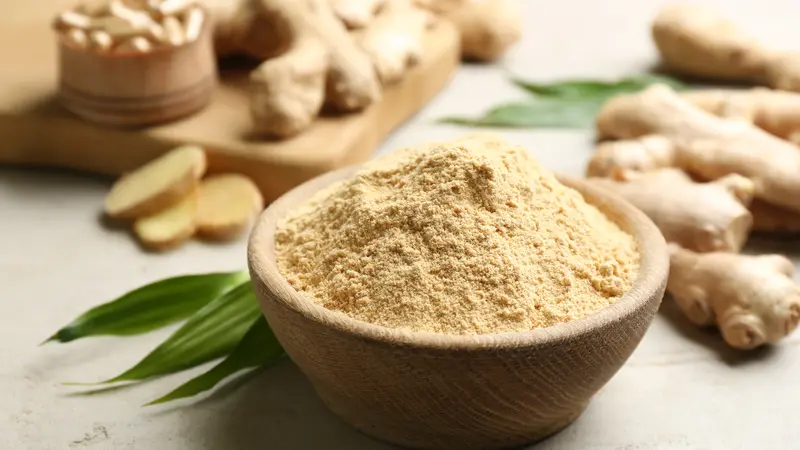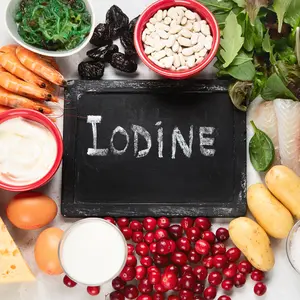

Food, Farming and Nutrition

Food, Farming and Nutrition
Ginger: A Small but Mighty Health Powerhouse
Although modest in appearance, ginger has multiple health and nutritional benefits. This root, or rhizome, comes from a flowering plant and has been used in Eastern medicine since the 9th century.
In addition to vitamin C, magnesium, and potassium, fresh ginger contains a compound called gingerol, which has antioxidant properties and anti-inflammatory enzymes, making it beneficial for inflammatory conditions such as arthritis. In a clinical trial, ginger was shown to reduce knee pain associated with osteoarthritis. Ginger differs from traditional over-the-counter pain medication as its pain relief has a delayed effect, making it beneficial for long-term—rather than immediate—relief.
Gingerol also helps improve blood sugar regulation, which may help with type 2 diabetes, weight loss, and insulin resistance. The ginger reduces enzymes that break down carbohydrates and can encourage muscles to absorb the glucose so it doesn’t accumulate in the bloodstream.
Ginger can also help reduce nausea related to morning sickness, motion sickness, and chemotherapy, as it increases gastric motility and blocks serotonin receptors in the gut lining. This can help silence nerves that would otherwise trigger the vomiting reflex.
Ginger also may help lower cholesterol and inhibit bacteria growth. In one study, people who took ginger pills daily experienced decreased triglyceride levels, total cholesterol, and bad (i.e., low-density lipoprotein) cholesterol. Some studies showed that ginger may also have antibacterial properties, but more research is needed.
Ginger is a staple in Asian, Indian, and Caribbean cuisine. Popular uses for ginger include stir fries, soups, curries, sauces, salad dressings, chicken dishes, smoothies, and tea. You can also grate it or cut a chunk to put in water.
When incorporating ginger into your diet, a little goes a long way. Ginger can be used in fresh, dried, or powdered form. Dried ginger has anti-inflammatory properties, but the gingerol is less potent due to the heating process.
Ginger tea also has health benefits, particularly for its anti-inflammatory and anti-nausea properties. Ginger beer does not offer the same benefits as ginger tea and can contain high amounts of added sugar.
When choosing ginger, you should pick a piece that is firm to the touch, with yellow flesh. When stored in the refrigerator, ginger root stays fresh for about three weeks, and can also be frozen for longer use.
It’s advisable to speak with your health practitioner before incorporating a ginger supplement into your diet, as high doses can be linked to nausea and gastric reflux, and interact with blood-thinning medication.
REFERENCES
Cleveland Clinic. (2021, October 14). The surprising benefits of ginger. https://health.clevelandclinic.org/ginger-health-benefits/?



 By
By








